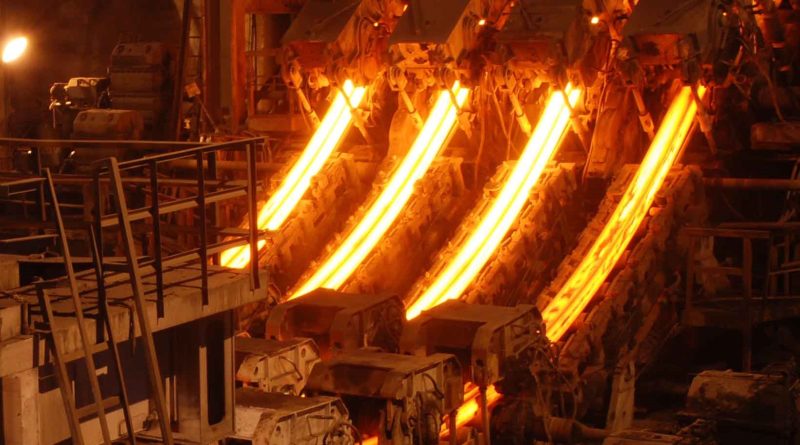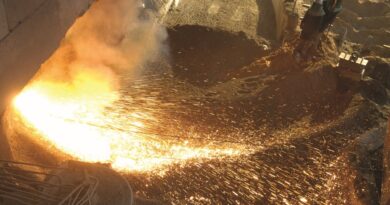Will UK steel industry benefit from Brexit?
The UK steel industry has benefited greatly from EU membership over the past few years. Brexit could affect the UK steel industry in many ways. If managed correctly there could be growth opportunities, but leaving the EU is also fraught with risk.
Membership has given the UK a competitive edge over large US and Chinese steel manufacturers in the European single market, allowing it to command better prices globally. This stability has opened up greater employment opportunities and scope for investment in growth.
Eventually, the UK and European Union (EU) reached agreement on a free trade deal at the very last minute on Christmas Eve. Full details of the almost 1 250 page document have still to be scrutinized and the deal will be voted on by British MPs in the house of Commons on Wed 30 Dec.
But a couple of things are clear; whatever the deal, it is better than no-deal & reverting to World Trade Organisation rules but more importantly, no matter how good a deal it turns out to be, it cannot be as good as the deal the UK currently enjoys with the EU.
From a markets perspective, this removes a long-standing item of uncertainty and in combination with the likelihood of a bipartisan deal in the US Congress, greatly improves equity market risk sentiment.
British steel manufacturers have benefited from seamless supply chains between EU countries, and the ability to attract European talent to address the UK skills shortage.
EU steel consumption is due to fall by about 14.6% this year after the COVID-19 pandemic hit industrial activity, especially the auto sector. Apparent crude steel demand – which measures steel producers’ output plus imports minus exports – slid by 25.5% in the second quarter, the biggest drop ever recorded.
Steel demand is forecast to bounce back by 13.1% in 2021, but a second wave of the virus makes the timing of the recovery uncertain.
Among steel-using sectors, construction has been the least affected, with a 3.6% fall in output forecast for this year. Automotive has been the hardest hit, with the decline seen at 20.6%.
While imports have declined along with demand, Eurofer reiterated its call for stricter EU “safeguarding” measures due to worries that rising output elsewhere, especially China, will lead to a future surge in shipments.
Meanwhile, UK steel exports risk being outcompeted in the EU by their German and French competitors as UK businesses are already struggling with rising prices and restricted supplies.
After Brexit, UK steel would be less attractive to EU manufacturers because it would be classed differently to steel produced within the EU.
Long-term, any trade barriers may disappear due to new trade deals, and the UK cannot discount the potential global opportunities of being outside the EU.




